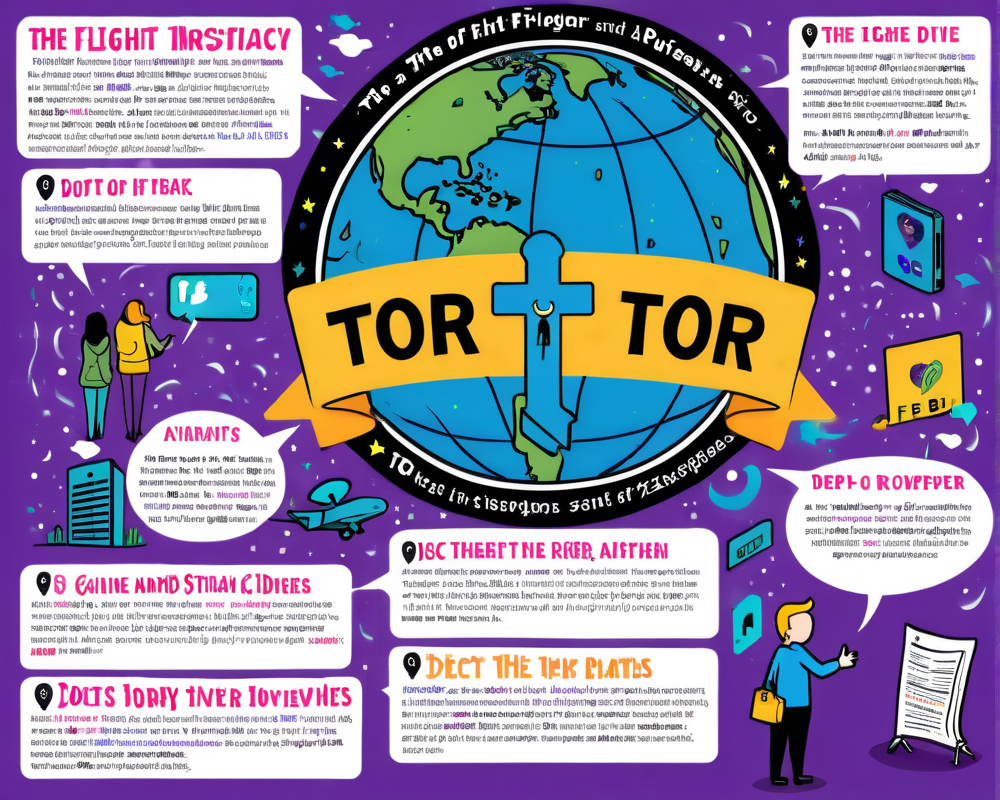So, Who Is Isis Agora Lovecruft?
Isis Agora Lovecruft isn’t just a name that rolls off the tongue or a character from a sci-fi novel; she’s a real developer associated with Tor, the encrypted web browser. Born into the age of online surveillance, Lovecruft has been at the forefront of efforts to protect online privacy. But then, an unexpected knock from the FBI turned her world upside down.
The FBI Knock at the Door
Picture this: it’s an ordinary day for Lovecruft, and suddenly, she’s greeted by FBI Special Agent Mark W. Burnett, who leaves behind a mysteriously vague card that simply reads, “Please call me.” It’s enough to make anyone clutch their coffee a little tighter. Facing potential pressure to compromise Tor, Lovecruft found herself grappling with a dilemma that felt straight out of a thriller movie.
Time to Pack Up and Get Out
When the FBI reached out, Lovecruft reacted like anyone who has seen one too many spy films: she quickly gathered her belongings, leaving behind the life she knew in America. Within a short period—poof!—she vanished, fleeing to Germany. It was a dramatic exit that would fuel the digital privacy debate even further.
The Legal Backup: Electronic Frontier Foundation to the Rescue
What does a privacy advocate do when the government comes knocking? Well, if you’re Lovecruft, you turn to the Electronic Frontier Foundation (EFF). This nonprofit organization isn’t just sitting back with popcorn; they’re on a mission to stand up for those whose digital rights are being challenged. EFF attorney Nate Cardazzo emphasized that Lovecruft simply wants clarity: why the FBI contacted her and assurance that returning to the U.S. won’t end with handcuffs.
What is Lovecruft Fighting For?
- Transparency from the FBI regarding their intentions.
- Safety and protection against potential legal repercussions.
- The opportunity to return to the U.S. freely without fear of immediate retribution.
The Subtle Underbelly of Internet Privacy Battles
Tor has long been an essential tool for online users, particularly those who prioritize privacy—up to one million users, in fact! However, this has made it a prime target for the FBI, who have launched multiple initiatives to track and de-anonymize users of the network, sometimes with controversial methods, like the development of malware aimed at exposing users.
The Continued Push Against Anonymity
The situation raises pressing questions regarding the ongoing battle between privacy and law enforcement. How far is too far when it comes to protecting users’ identities? Lovecruft’s case exemplifies the larger struggle in the digital age where the fight for privacy often feels like a game of high-stakes poker, with individual freedoms hanging in the balance.




